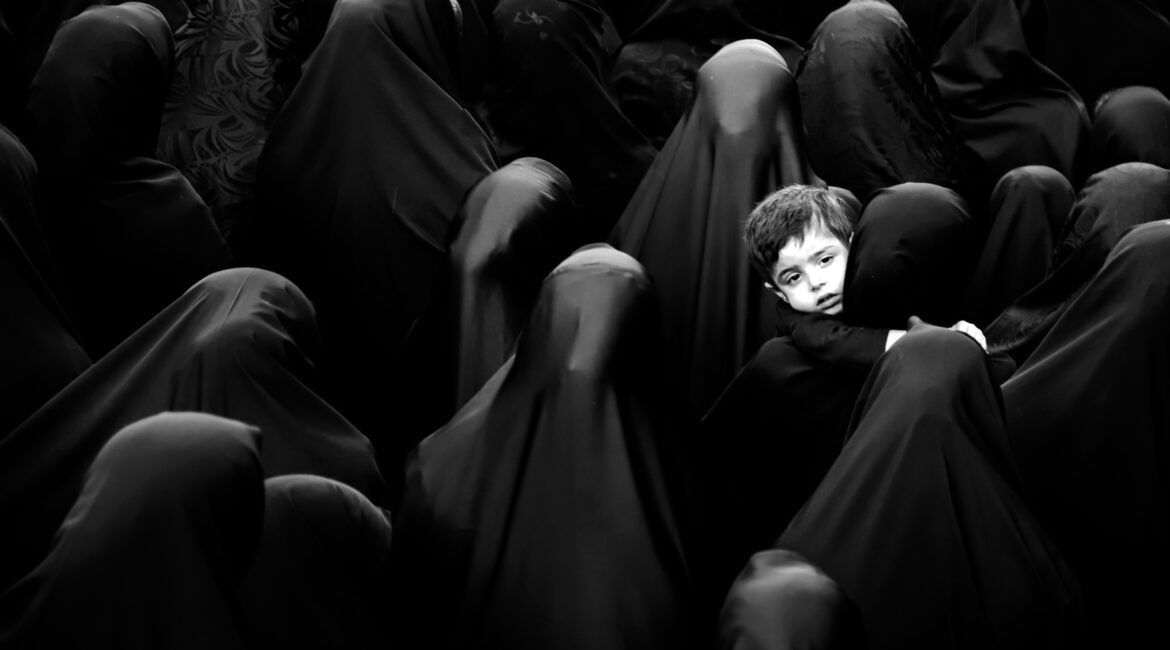For almost a month, Taliban won in Afghanistan and Ennahda lost in Tunisia. The Taliban is not that similar to the Tunisian Ennahda, the Egyptian Muslim Brotherhood or the Sudanese Islamic National Front. The Taliban is a Pashto tribal group led by religious leaders. As for the Muslim Brotherhood, it is not a national struggle movement nor a localized group, but rather an international religious group that considers the entire Islamic world its state, all Muslims in the world its followers, and the revival of the Islamic Caliphate its agenda.
But, in the experts opinion, the local and international Muslim Brotherhood movement is in decline. Its followers attribute this to coups and conspiracies, but their defeat in Tunisia as a result of their own failure in the political experiment is something they cannot deny.
Are the political aspirations of the Brotherhood, which ruled or participated in ruling and then lost in Egypt, Sudan and Tunisia, dead, or are we facing the second wave of the political Islamist current? As consequences, we will see further decline, rather than any competing between the nation-state and the religious state.
Contrary to popular opinion, the rise of the Taliban will ultimately destroy the concept of the Islamic organization and state, whether civilian or armed. Those among the Islamists who boast about the victory of the Taliban and its return to rule Afghanistan, and the exit of the Americans, will distance themselves from it and will agree that it is a group that distorts the message of Islam, as it is hard to imagine the Taliban changing skins.
The Taliban is a religious movement that is socially simple, not an evil political movement, like al-Qaeda and ISIS. What is shocking is that it is easy to connect it to other extremist Islamic groups or even some regimes, because at its core, the Afghan Taliban discourse is similar to these groups. Like most similar groups, it is self-destructive, and will turn the world against itself because it will become more and more radical internally.
The Taliban of Doha are not the Taliban of Kabul. In the international media, they scattered words that enchanted the West, and then, in the following days, we heard the real rulers in the streets of the capital saying the complete opposite of what was said in the press conferences. Thus, the victory of the Taliban is a defeat for the civil religious political groups which are in decline, while armed Islamic groups are on the rise.
What is next for Islamism?

